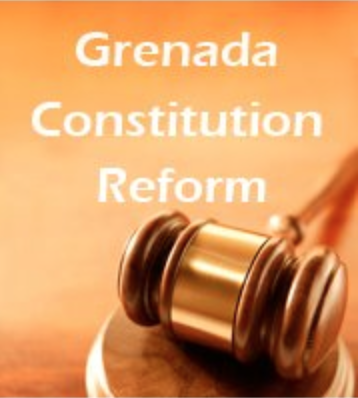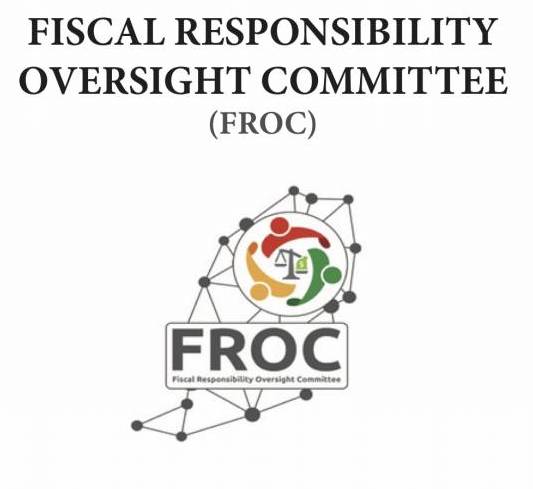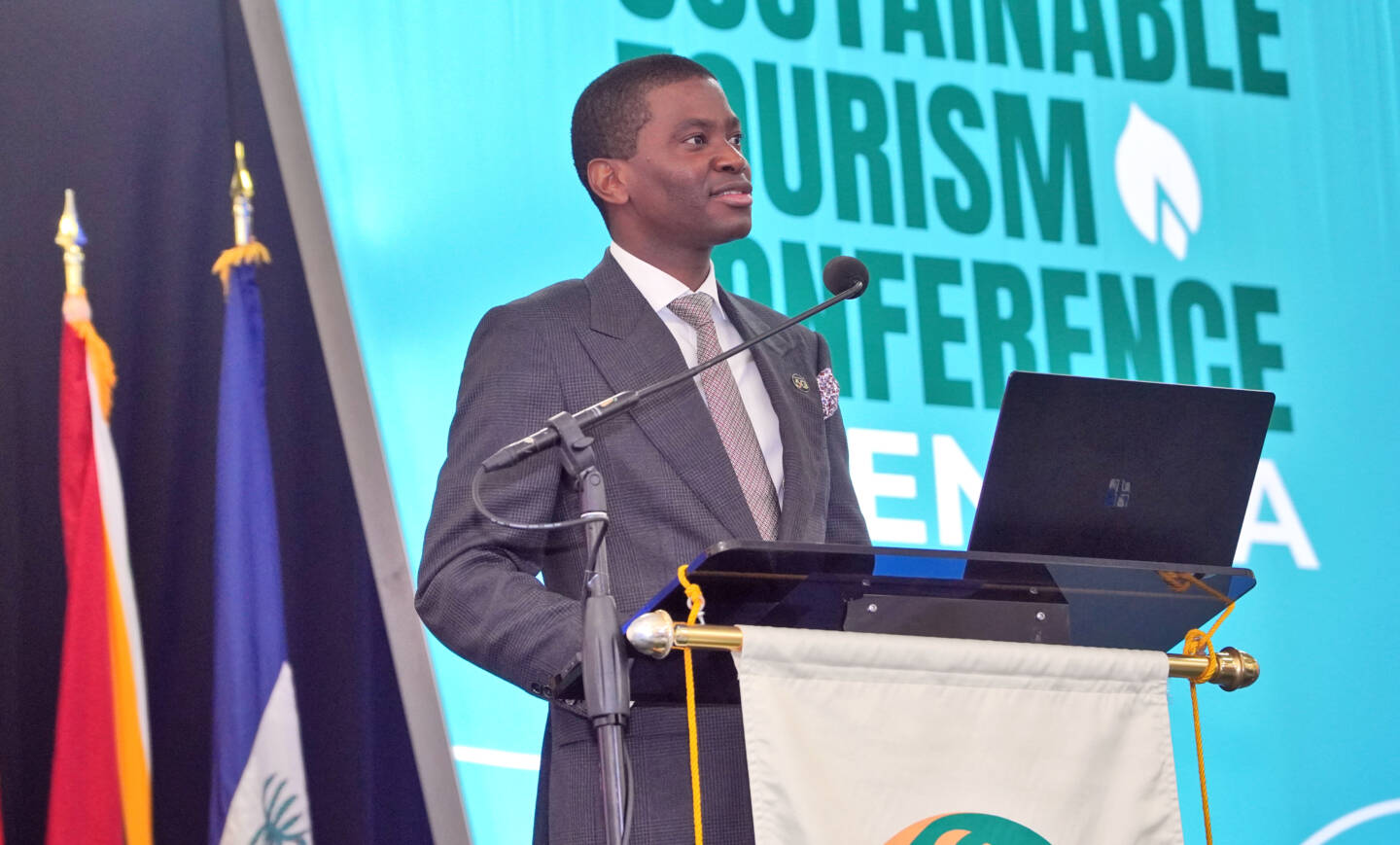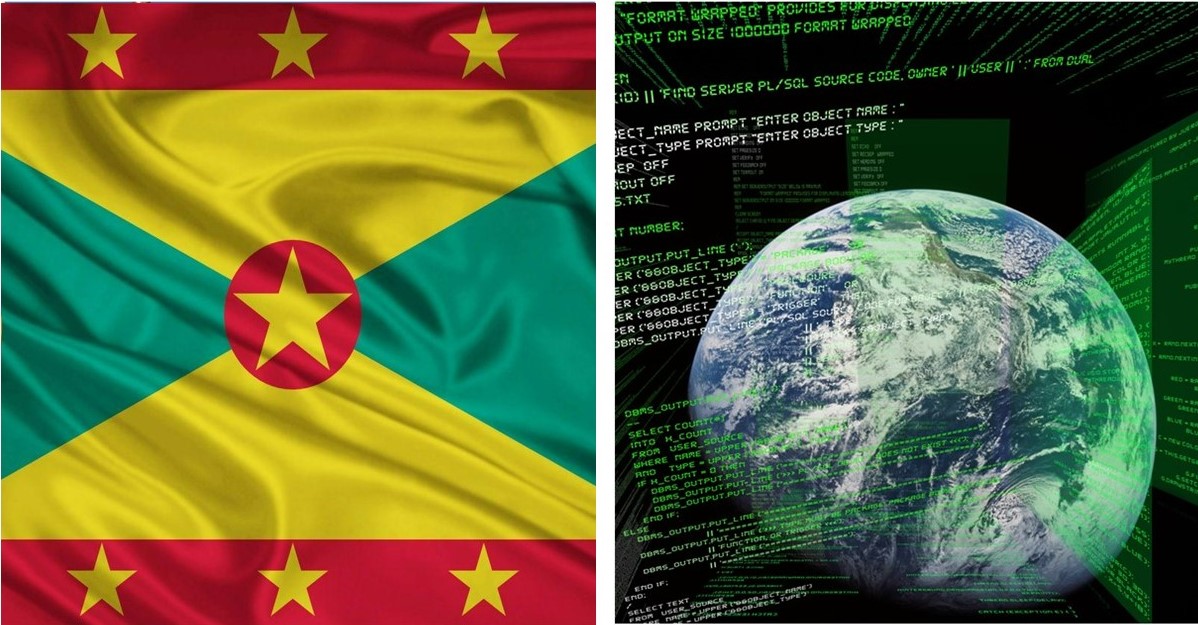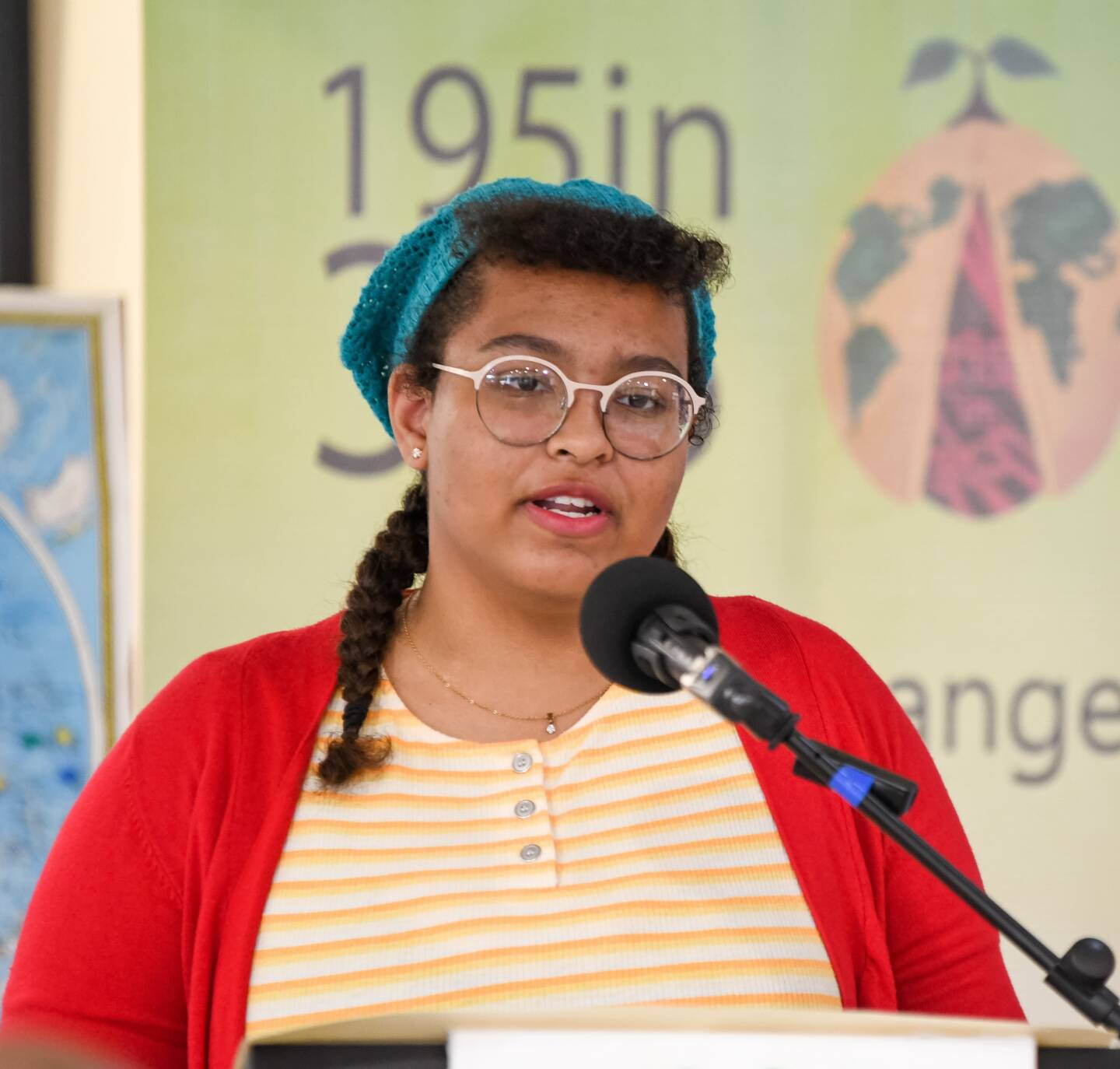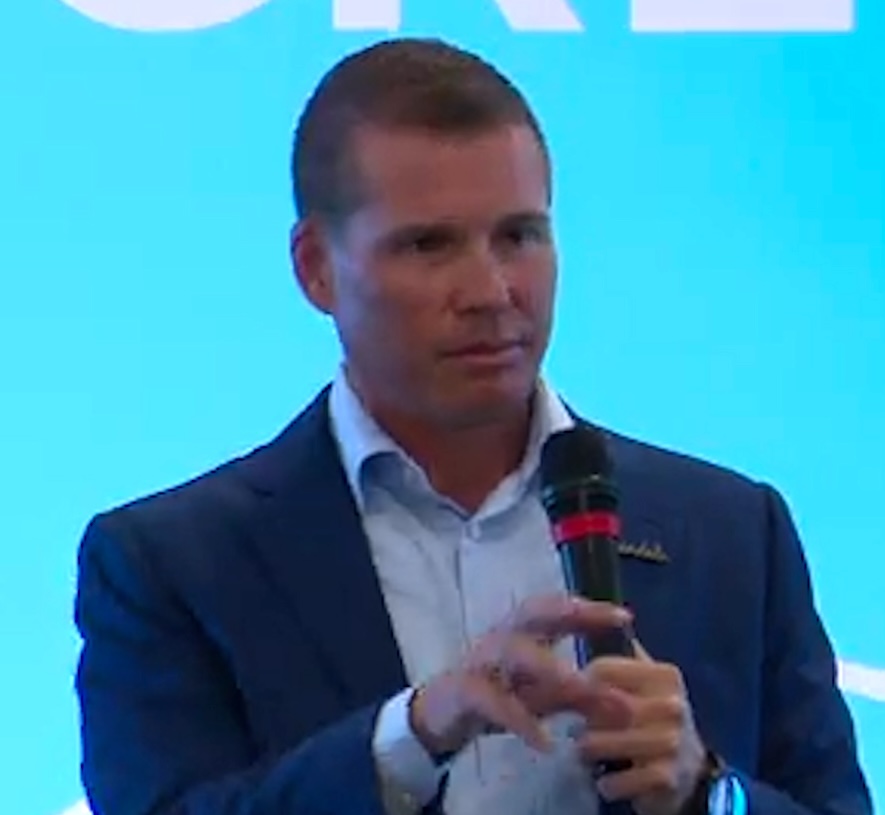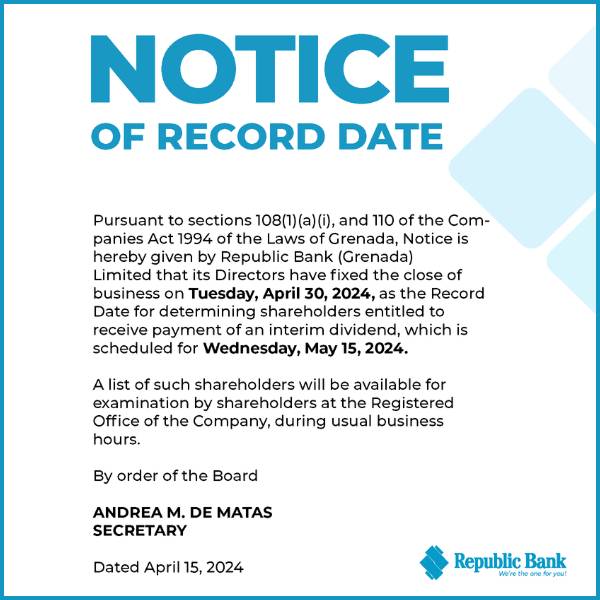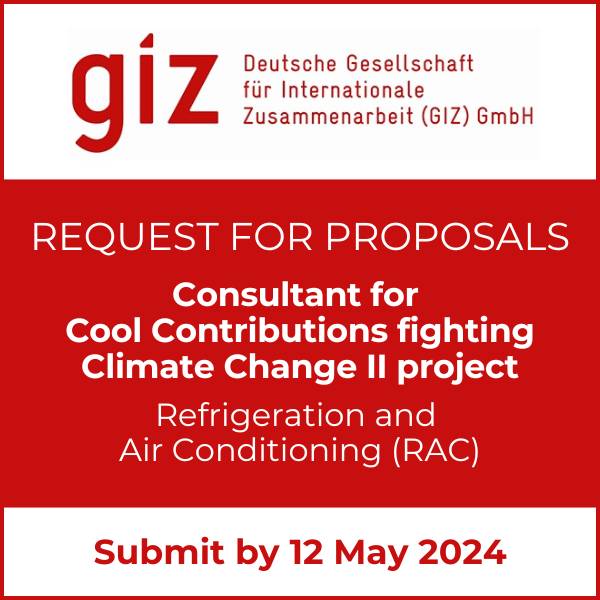By J K Roberts
A project is substantively established on clear rationales and objectives. A strategic plan for the successful realization of the project would then follow; that is, an operational framework to address contents formulation, resources mobilization, procedural guidelines, risk factors, institutional capacity, personnel responsibilities and implementation indicators ought to be developed for the project. A sound and meaningful project must be undertaken in good-faith and with good-will, within a conducive atmosphere, and this most definitely applies to a noble national undertaking such as the Grenada Constitution Reform Project.
The Reform Project officially started in February 1985 and went through a series of stages. From January 2014, it has been under the control of a cabinet-appointed so-called broad-based Constitution Reform Advisory Committee (CRAC) to the Dr Keith Mitchell’s New National Party (NNP) Government. The CRAC is headed by constitutional lawyer, Dr Francis Alexis QC, who was also the head of a similar project in St Vincent and the Grenadines. Even then, at this juncture, there are no manifestations of a ‘concrete path’ for the serious execution of the Project; more accurately, the Project is characterized by a great measure of deficiencies and at no other time than at this stage, there is so much controversy and disgruntlements about it.
The execution of the Reform Project leaves a lot to be desired and it has being eroding the ‘spirit of intent’ and the ‘sovereign pride’ for a referendum which is the critical climax in achieving the necessary reforms of the Constitution. Despite the far-ranging and far-reaching significance of the Project, the process has been trivialised and tarnished; and there have been robust reverberations of complaints to redress the ills thereof. Review previous article, “Grenada Constitution Reform: Patriotically Re-consider Please!”, which seeks to have the Government respond to the appeals of the people for a revamping of the Project and to have the other institutional stakeholders and members of the CRAC reveal independently strong professional perspectives on realizing a rewarding constitutional referendum.
The merit and impetus for the Reform Project are founded on the fact that the 1974 Independence Constitution was made by an Imperial Order-in Council and came into effect by an Act of the British Parliament, passed in London; but this Order was done without the sovereign input, endorsement and ownership of the Grenadian people. For the powers–that–be now in Grenada, to short-circuit or to derail this ‘principal focus’ for the Project is to impose an even more obnoxious act against its people than was done in 1974; in fact, it is being becoming more and more evident that ‘fascist and treacherous’ moves are tangling the Project. Also review the related article on the Internet, “Grenada Constitution Reform: Putting Within Context!”, which provides references on the foundation, principles, development and support for the reform.
The crude imposition of the Constitution on Grenadians in 1974 is not the only critical consideration for the Reform Project; and besides the passion to self-define an indigenous identity, there is the need for Grenada to adjust to global trends, treaties and transactions within ‘civil norms’. Most emphatic and imperative though, is to have a (re)founding of the nation with a particular shift to a new governance system, replacing the form of government which has being abusing the people and which has not being advancing the nation. Any well-grounded concepts and calls for a National Unity Government, Project Grenada, New Economy and/or National Development Plan should resonate with this warranted ‘re-founding of the nation’ and would give credit in having a new constitution constructed concretely; that is, to ignore this inherent connection is to condemn those concepts and calls as shams.
The prolonged cry in the Caribbean region over the decades has been for constitutional reform to reflect legislative and parliamentary changes which would give accountability and justice and empowerment to the ‘ordinary people’. Despite the tremendous financial resources and technical assistances to this caused by international democratic bodies and despite their implorations for the involvement of civil society in national governance, the thorny problems exist. Study on the Internet a relevant article by David Comissiong and its feedback-comments, “Only People Power Can Save Us!” which argues that the inherited parliamentary mechanism is flawed and advocates for constitutional provisions to enable the people to arrest dysfunctional and inept governments, as well as callous and corrupt public officials who it seems are protected with impunity.
It is not a wild overstatement but a useful assertion that Grenadians have special reasons for constitutional reform and there are also special reasons for them to be most concerned and cautious about the ‘attitude and approach’ of the powers–that–be for the Reform Project. Grenada’s case is unique in many respects, with highlights on its nationhood status, development history, political experiences and its present constitutional structure, shortcomings and safeguards. The quest for rewarding reforms of the Constitution faces gross challenges at this time, especially with the parliamentary composition which has no Official Opposition, with the political polarization which is riveted with egocentricity and expediency and with manoeuvres of conspiracy against the nation. Moreover, the manner by which the CRAC was constituted and the manner of its operations for the constitutional referendum, compound the predicaments for Grenadians, who are also now of the position that the CRAC has shattered their aspirations, benefits and enjoyment of a “truly homegrown” new constitution.
Being cognizant that Parliament is the centre of the Government and that this is where the representatives of the people sit; it is a reasonable compromise as an institutional protocol to have the Government facilitating and directing to some extent the Reform Project, within democratic provisions and practices. The overriding point must be made though that the parliamentary representatives do not have any mandate to rewrite or to reform the Constitution singlehandedly and exclusively by themselves, but they must resort to the people for a determination of the process and the issues leading to a constitutional referendum which will give ‘supreme and sovereign’ validity to a political governance that is favourable to the nation.
The concrete path for a creditable constitutional referendum is cemented with the consciousness, consultations, collaborations and consensus of the people in every stage of the Reform Project. This path must be reinforced legislatively and which will provide for a referendum commission in accordance with the Referendum Act (Cap. 279); the commission would function as a secretariat with responsibility for coordinating the referendum and this may include the sourcing of funds. Having verified the need and the mission for the Project and having settled on the regulations for the referendum, then the drive for the motivation and mobilization, as well as the engagement and participation, of the people must be deployed. The deployment would be with suitable delegations to ‘independent persons’, for the completion of various aspects of the drive within fair times; but a key feature of such an arrangement is having a properly instituted constituent assembly from amongst the people.
A constituent assembly brings together sanctioned representations of all the people; the sectoral players and officials, as well as grassroots and the unaccounted masses. It provides an effective avenue for raising and ventilating the concerns of all of the stakeholders and functions as an ‘electoral college’ to accept and promote the issues for the constitutional reform, without the domination of partisan interests. The issues will be vigorously but objectively debated bearing widely on the contents and constraints of the Independence Constitution, the lessons from political and governance episodes, the demands and realities of the global community, and the wishes and aspirations of the local people; and no doubt, there will also be concrete reflections and incorporations of the tremendous work already done regarding the Reform Project.
The constituent assembly could be composed of two sets of representations. The first set will come from a representative, with an alternative, from each of the constituency electoral boundaries under the Representation of the People Act; however, the representatives should not be associated actively with a political party and would be determined through preliminary steps from village meetings. The other set of the assembly will represent the various entities on the CRAC. The concept of the assembly is appropriate since it epitomizes ‘inclusive participation’, it translates to a national assembly which is the Houses of Parliament, and it is useful for the introduction of Local Government and also for the production of a National Development Plan.
Upon the completion of the life of the Constituent Assembly, another independent but smaller body in the form of a Fount Committee should be instituted to generate White Papers on all of the issues concluded for the referendum. These papers will be for ‘higher-level’ public discussions towards the drafting of various Referendum Bills which ultimately will be merged to form a new comprehensive National Constitution. The discussions will explore operational mechanisms and regulatory provisions on the legislative changes, and this will also be guided by various options or models of reforms as well as by pertinent intellectual and professional studies.
Whilst the constituent assembly is more about consultations and debates, the fount committee is more about technical analyses and processes on the issues. Both bodies will give rise to massive people participation and civil education and they will also inform and enhance the parliamentary debates on the Bills; this is essential in light of the usual rushing of Bills within limited time and the absence of a structured effort for the broadcasting of parliamentary sessions to the people.
The persistency of the NNP Government to pronounce a date(s) for the constitutional referendum, even without securing a concrete path, signals that the Reform Project is in its referendum stage. Fortunately, it is apparent that this sad situation has been also recognized by the United Nations (UN) which is keen about advancing democratic rights and meticulous about supporting projects. Thus, to inject some sanity in the Project, the UN very diplomatically clamped down on the ‘monopolistic and pompous’ control of the CRAC, by expressing that a body of Civil Society ought to serve as a ‘responsible implementing partner’ on the issues of education on the amendment Bills and the voting process for the referendum. [Recall the article, “Grenada Constitution Reform: The Referendum Mode”, which may have captured the attention of the United Nations]. Adopt This Concrete Path!!!
